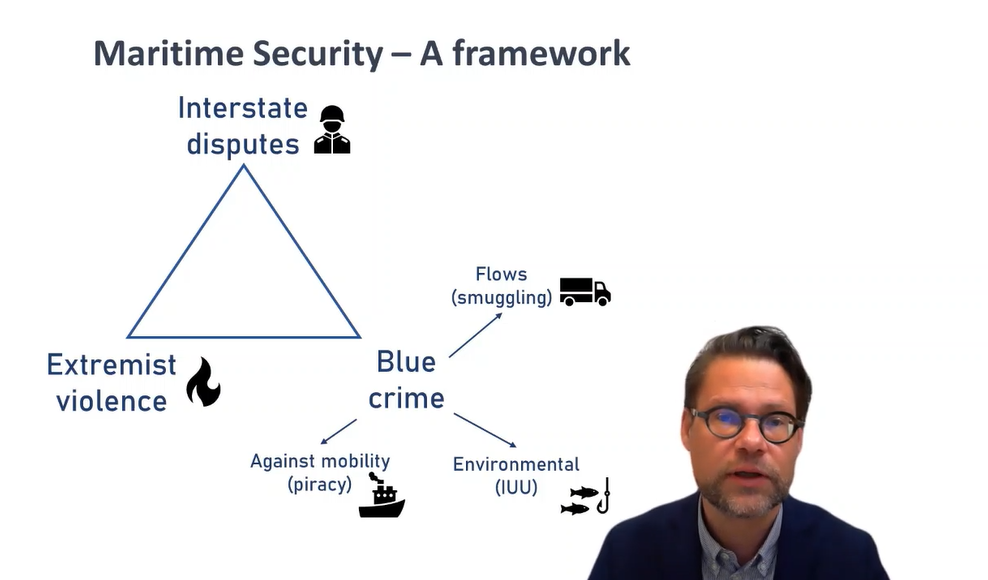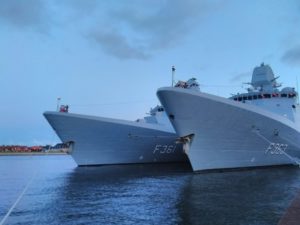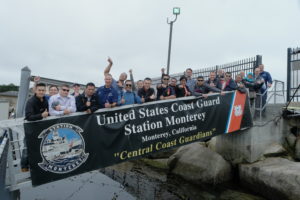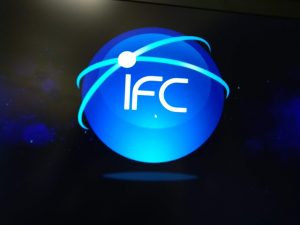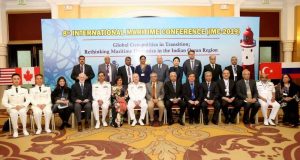Singapore is host to one of the most successful initiatives for sharing information and developing maritime domain awareness on a regional level. The Information Fusion Centre (known as IFC) operated by the Singaporean navy has become a global template for how to improve the flow of maritime information, conduct solid analysis of activities and trends at sea, but also to react rapidly to any maritime incident across borders and jurisdictions.
On the 14th of May the IFC celebrated its 10th anniversary. At the celebration it also launched the new information sharing platform of the centre. The celebration was part of the annual exercise MARISX.
I had the opportunity to attend the event as an observer. Following my earlier visits to the IFC in 2018 and 2015 (see my article on the IFC here), I could for the first time see the exercise in action. MARISX brought together participants from ASEAN navies and coastguards, and various international partners, including Australia, China, Germany, India, Seychelles, the UK or the US. For three days participants had the opportunity to try out the brand new IFC Real-time Information-sharing System (IRIS) to address real life scenarios, such as illegal fishing, illegal migration or piracy incidents. The participants also discussed how such incidents can be better managed jointly using the platform. A number of national operational centers (OPCENs) from different countries participated remotely in the exercise. Also representatives from the shipping industry, including the Singapore Shipping Association or Intertanko, as well as international organisations such as Interpol and UNODC contributed to the event.
Continue reading →
